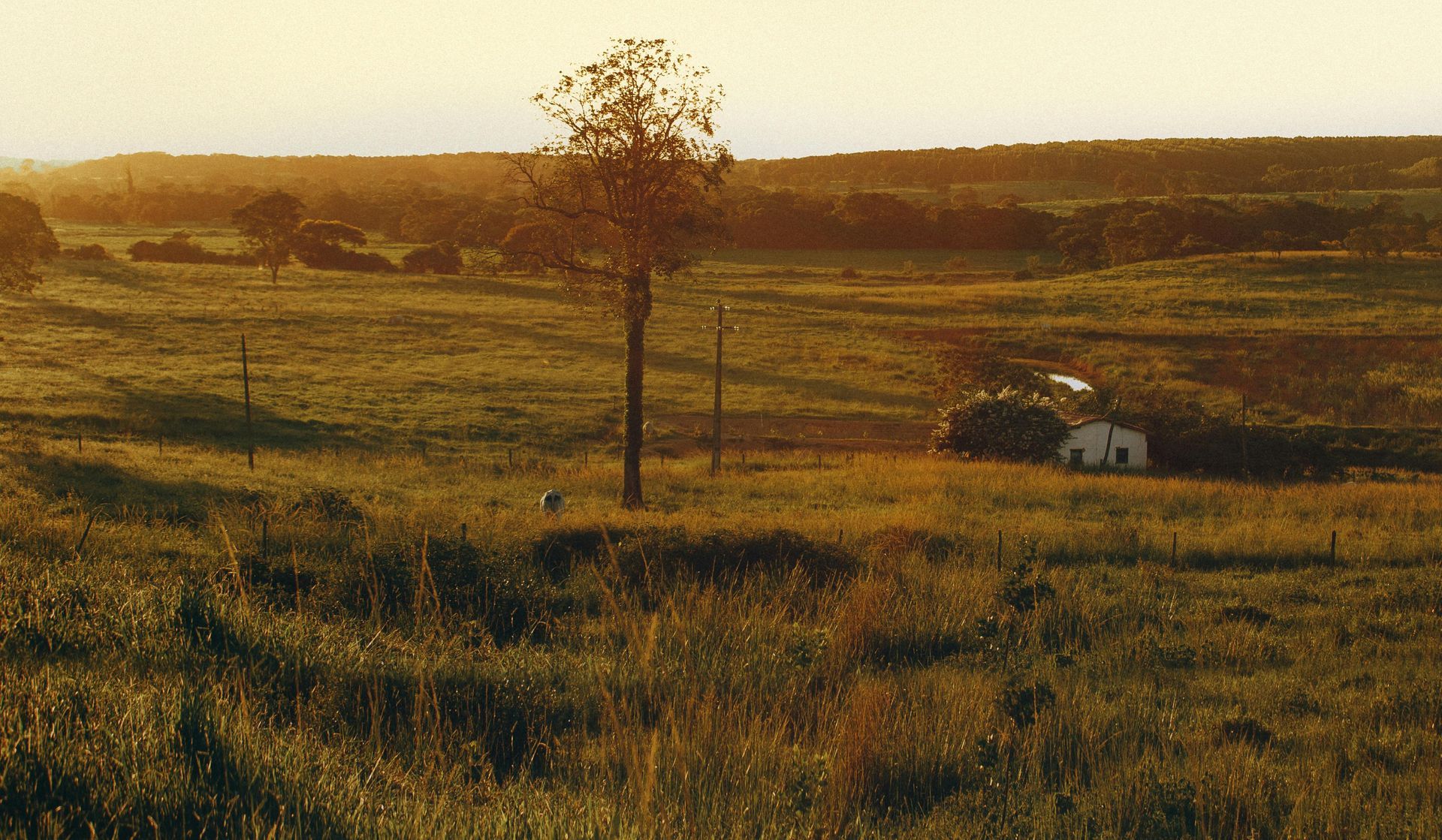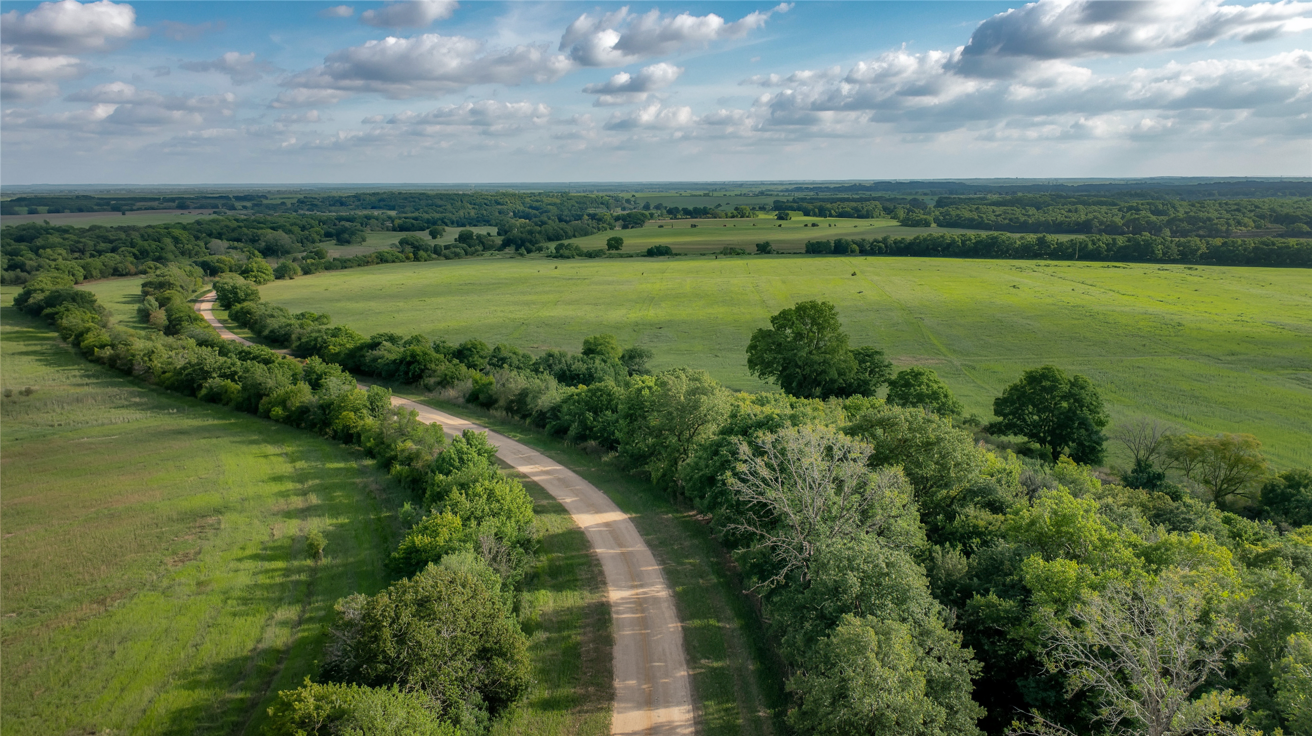April 25, 2025
If you’re considering selling your farm or ranch land in southeastern Oklahoma, one of your first questions is likely: “What is my land worth?” Understanding land value is crucial for making informed decisions, whether you’re preparing to sell, planning for the future, or just curious about your property’s potential. What Affects the Value of Farm & Ranch Land? Several factors come into play when determining the value of agricultural land: Soil Quality and Productivity : Fertile, well-drained soils that support strong crop yields or healthy pastures are highly prized. Land with proven productivity or versatile soil types often commands higher prices. Water Availability: Access to natural water sources—rivers, ponds, wells—or established irrigation systems can significantly increase value. Water rights and reliability are especially important for both farming and ranching operations. Location and Accessibility: Proximity to highways, towns, processing facilities, and markets boosts value. Convenient road access and the potential for future development can also make a difference. Improvements and Infrastructure: Existing barns, fencing, homes, irrigation, and other infrastructure add to the property’s worth and reduce the need for buyer investment. Recreational and Scenic Value: Land with scenic views, wildlife habitat, or recreational opportunities (hunting, fishing, trails) can bring a premium, sometimes even beyond its agricultural value. Zoning and Land Use: Local regulations, zoning, and permitted uses affect both current value and future potential. Market Demand and Commodity Prices: The current demand for land in your area, recent comparable sales, and trends in commodity prices all influence what buyers are willing to pay. Income Potential: Whether from farming, ranching, leasing, or recreational use, the property’s ability to generate income is a key driver of value. Natural Features and Adjacency: Streams, timber, ponds, and adjacency to public lands or large ranches can enhance value and appeal. Common Myths About What Affects Land Value When it comes to valuing farm and ranch land, many landowners have heard advice or beliefs that simply aren’t accurate. Here are some of the most common myths—and the facts you should know: Myth: The House Adds Major Value While a nice home is appealing, its impact on the overall value of a working farm or ranch is often overestimated. Buyers—especially investors and large operators—are far more interested in the land’s productivity and income potential than the residence. A luxury home rarely makes up for poor soils or limited water access. Myth: Recreational Opportunities Always Boost Value Features like hunting, fishing, or off-roading can add some appeal, but for most buyers, especially those focused on production, these are secondary. In fact, the very features that create recreational value (like dense woods or water features) can sometimes reduce the land’s farmability or require extra management. Myth: Acreage Alone Determines Value It’s not just about how many acres you have. What matters more is how those acres are used—productive cropland, quality pasture, or raw, unimproved land are all valued differently. Proven production capacity and land quality outweigh sheer size. Myth: All Improvements Add Equal Value Not all barns, fences, or outbuildings are created equal. Only well-maintained, functional improvements that contribute to the property’s use and income potential are valued highly. Outdated or poorly maintained structures may add little or even detract from value. Myth: Handshake Deals Get the Best Price Private sales or handshake deals may seem simple, but they often mean sellers leave significant money on the table by not exposing the property to the broader market or negotiating with multiple interested buyers. Myth: Any Real Estate Agent Can Sell Land Land sales are complex and require specialized knowledge. Residential agents may not have the expertise, networks, or marketing strategies needed to reach the right buyers and maximize your return. For the best results, work with an Accredited Land Consultant (ALC)—a land specialist with advanced training, deep market knowledge, and the connections to ensure your property is marketed effectively and sold for its true value. An ALC can help you avoid costly mistakes, accurately assess your land’s worth, and guide you through every step of the selling process. Why Landowners Choose Rod Canterbury Determining your land’s true value isn’t just about checking recent sales or guessing at an asking price. It takes local expertise, a deep understanding of market trends, and the ability to showcase your property to the right buyers—locally, nationally, and internationally. That’s why so many landowners in southeastern Oklahoma and beyond turn to Rod Canterbury. As an Accredited Land Consultant (ALC)—an elite designation held by only about 1,200 professionals worldwide—and a Certified Real Estate Advisor with RE/MAX, Rod brings unmatched expertise to every transaction. His extensive network reaches across Oklahoma, Texas, the Southeast, Midwest, Colorado, Wyoming, Montana, and even internationally as far as South Africa. Rod combines cutting-edge digital marketing and AI strategies with traditional networking and relationships built over decades. He’s known for handling some of the highest-value land transactions in Oklahoma, ensuring his clients never leave money on the table. With Rod, you get honest advice, a confidential and professional valuation, and a strategic plan tailored to your unique property and goals. Ready to Find Out What Your Land Is Worth? If you’re thinking about selling or just want to know your options, reach out to Rod Canterbury today for a confidential consultation and expert valuation. You’ll get the information you need to make the best decision for your land and your future. Contact Rod at www.OklahomaLandDivision.com to get started. Discover your land’s true value with the trusted expertise of Rod Canterbury—serving southeastern Oklahoma and beyond.




